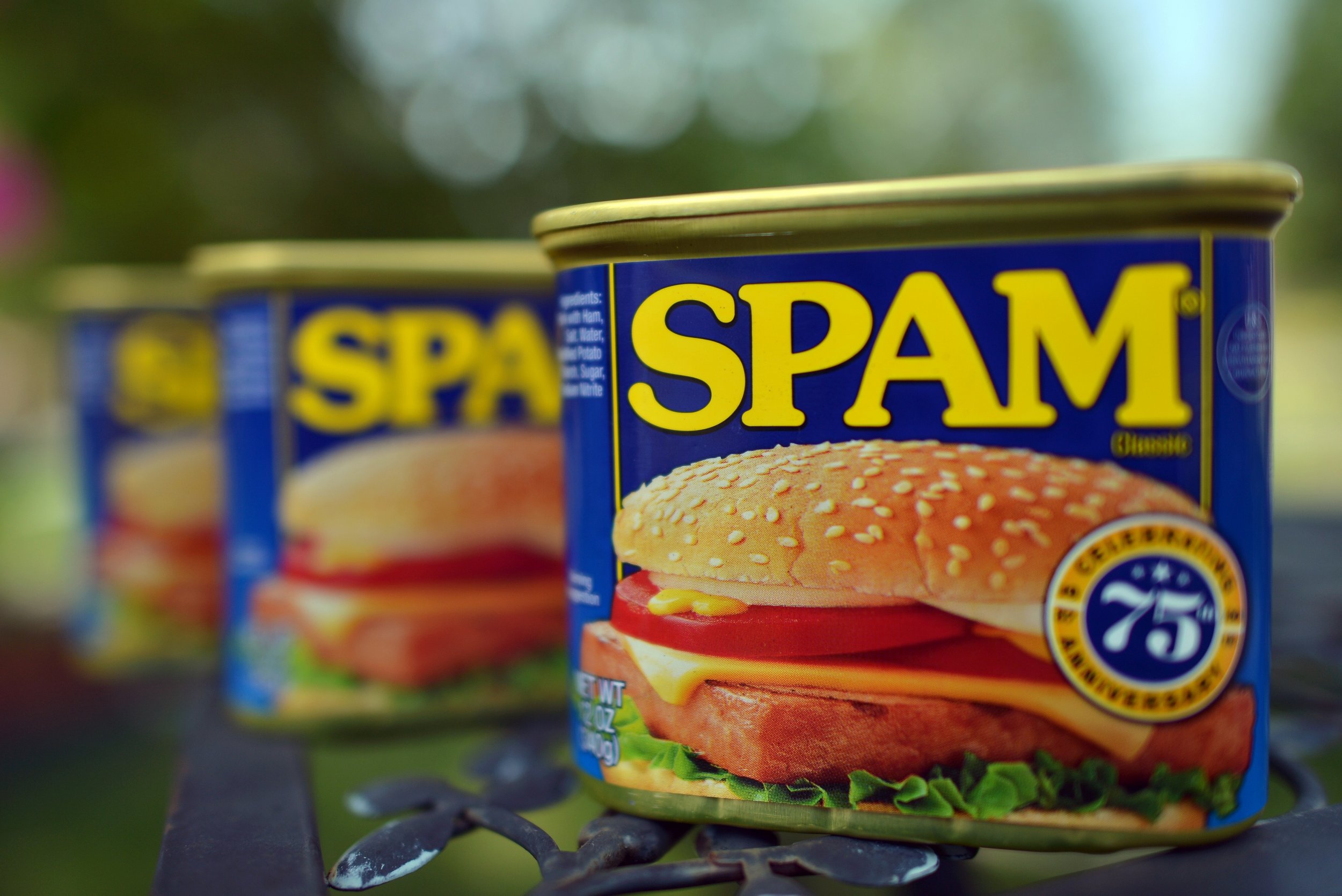
Since its introduction during World War II, Spam has captivated Hawaii so much so that there is even an annual festival celebrating the canned meat.
But now Spam also appears to have captured the imaginations of criminals and drug addicts in the 50th state.
Hawaii has witnessed a spate of shoplifters stealing cans of Spam and leading to shopkeepers storing the product in locked cabinets or keeping it close to the checkouts so staff can keep their eyes on it.
Ra Long, who owns a shop in Hawaii's Chinatown, told Hawaii News Now that thieves have recently switched from stealing alcohol to targeting spam.
"I mean you try and keep an eye on it but if they run you just can't leave the counter and chase them. So you just got to take the hit," he said.
Earlier in September, police in Honolulu said that a man stole a case of Spam from a store in the capital's Downtown district. When he was confronted by a security guard, the alleged thief punched the guard. Police are now offering a $1,000 reward for the man.
And according to Kimo Carvalho, a spokesman for the state's largest service provider for homeless people, Spam is a lucrative product for drug addicts to get their hands on.
"It's quick cash for quick drug money," Carvalho, who works at the Institute for Human Services, told Hawaii News Now. He added that other items—including clothing and toiletries—were also being sold to fund drug habits.
Spam is peculiarly popular in Hawaii, where residents have the highest per capita consumption of the canned meat in the United States. Spam is used in popular sushi dishes in Hawaii and is served in fast food chains including Burger King and McDonalds on the islands.
The foodstuff is so revered among residents of the islands that it is often referred to as the Hawaiian steak and an annual street festival—known as the SPAM JAM —is held and sees chefs competing to produce the most unique Spam dish.
Spam has long suffered from a reputation for tastelessness and being a so-called mystery meat. But its producers say that it contains high-quality pork shoulder meat and ham, along with water, sugar, salt, and spices. Several chemicals—sodium nitrite, trisodium phosphate and sodium ascorbate—are added to preserve the meat and protect against bacteria.
The term spam has become synonymous with unsolicited email messages and communications, partially thanks to a sketch by British comedian troop Monty Python, in which a restaurant's menu and patrons are overtaken by Spam.
Uncommon Knowledge
Newsweek is committed to challenging conventional wisdom and finding connections in the search for common ground.
Newsweek is committed to challenging conventional wisdom and finding connections in the search for common ground.
About the writer
Conor is a staff writer for Newsweek covering Africa, with a focus on Nigeria, security and conflict.
To read how Newsweek uses AI as a newsroom tool, Click here.








